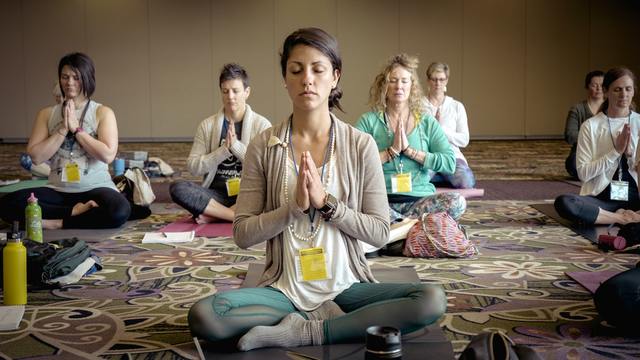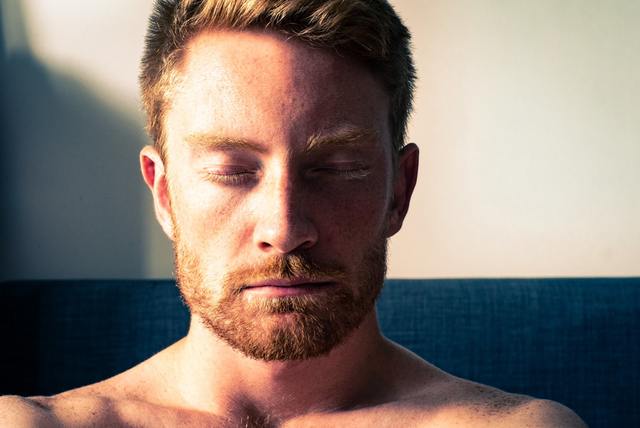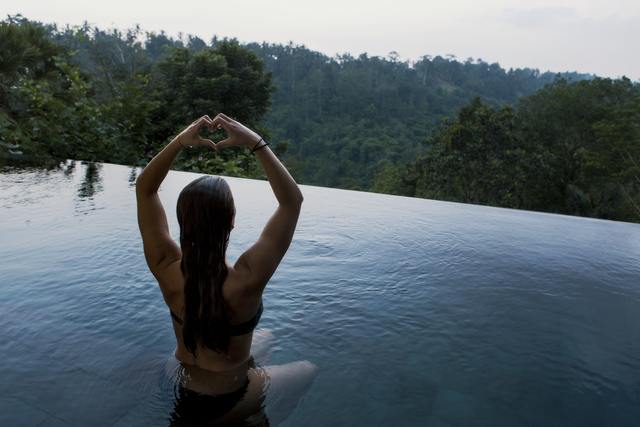Meditation is simply being ourselves and having a certain perception of who we are. It consists in coming to realize that we are on the path of our life.

Mindfulness is an ancient discipline from Buddhism based on living in the here and now. It is a state of consciousness. The point is that consciousness is a state that is sometimes foreign to us. That's why the idea is to exercise a faculty that we already have. The look that mindfulness proposes is an appreciation of external circumstances that are sometimes complex, such as losses and also internal experiences, my own activity or mental rumination. The proposal has to do with a change in the way I relate to these circumstances. Many times we add mental conflict to the circumstances or we do not accept them, there is mental speculation that leads us to increase suffering. The real challenge is to learn how to relate to what is happening. Despite the fact that some people understand attention simply as something that leaves out information about what is happening in the present, from the philosophy of Mindfulness, attention is seen as something whose management allows us to free ourselves from situations that block us and make us lose control. Concentrate on the present without judging. To observe our breathing, our mind and our emotions.

We propose the following practice: Put yourself in a comfortable position, with your spine straight, your eyes open and your body relaxed. Allow the mind to rest for about 5 minutes. Observe what happens without intervening. Emotions will come, thoughts, some discomfort of the body. Then simply rest from everything that is going on in your mind. After 5 minutes ask yourself how you felt and what happened. Concentrate on the present without judging. You may have experienced some peace and openness, or you may have felt feelings of anxiety and various feelings. Breathe consciously. See if there is any tension, how your skin feels right now. See if your breathing gets agitated or slowed down. See if the air reaches your chest or diaphragm. If your consciousness goes elsewhere, return to your breath, to the present. It returns to your body and your breath. These 10 minutes of awareness will simply help you feel more relaxed and lower your anxiety.

Mindfulness training has been shown to be very effective in reducing stress and the medical problems associated with it, such as anxiety, panic and depression.
Quoting Michel Eyquem de Montaigne, a French philosopher, writer, humanist and moralist of the Renaissance: I do not find myself when I look for myself most. I find myself by surprise when I least expect it. And the quote: "When I dance, I dance. When I sleep, I sleep. And when I walk through a forest, if my mind is distracted by distant matters, I lead it back to the path, to the beauty of my solitude."

Mindfulness is a way of being that requires continuous cultivation. When deployed, it naturally expands to cover all aspects of our lives. But while it's simple, mindfulness is not easy. It's not easy to stay attentive, even for a short period of time. But, as long as you don't exercise it through regular and continuous practice and empower it with the proper kindness and goodness towards yourself, mindfulness can be limited to being a thought that fills your head and makes you feel inadequate, just another concept, just another activity to include in your busy daily life.
You may be interested too
The Emotional Calendar 2026: Months Of Greatest And Least Attraction